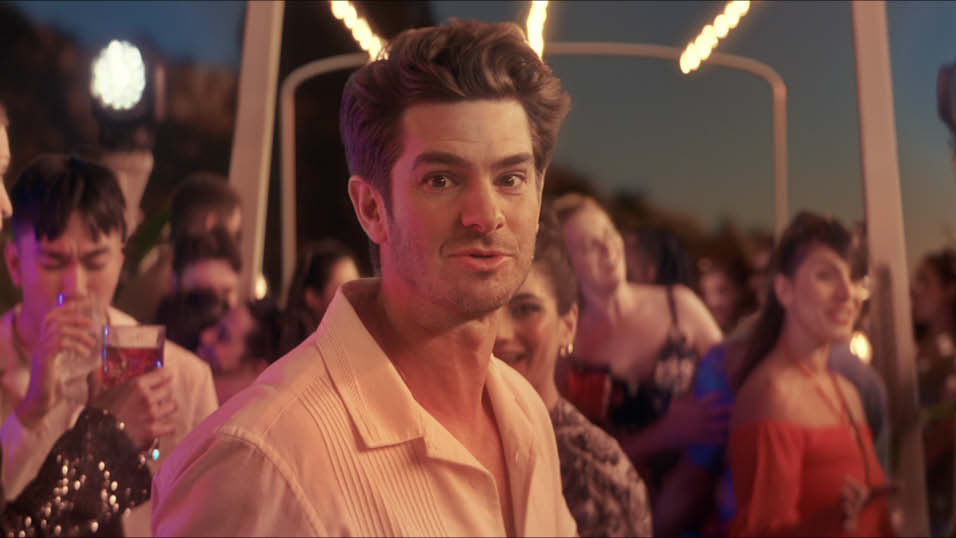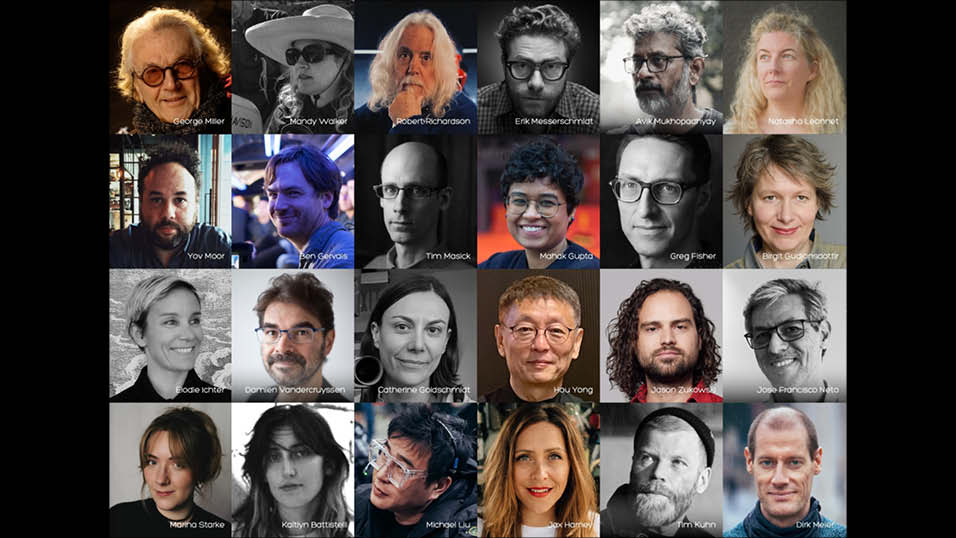Social enterprise Timewise and Bectu Vision have released the findings of a study on the long-hours norm in film and TV, exploring if there is a viable alternative.
The study, supported by Screen Scotland, the BBC and the Film and TV Charity, has created a financial model of an 8-hour day in scripted drama, reduced from the industry minimum of 10-hours/day.
The report, published today, includes insights from interviews with commissioners, writers, directors, plus the results of shadowing two live Band 2 scripted drama productions.
Timewise and Bectu Vision’s feasibility study, conducted over nine months of 2023, assessed the financial implications of a shorter working day – 8 hours Vs the standard 10 – for scripted drama production.
This included first of its kind analysis into the cost and schedule implications, and a framework for how to make this work.
The resulting new report, called: ‘Designing a blueprint for a shorter working day in film and scripted drama’, finds that there is a general consensus across all those consulted for the feasibility study – commissioners, producers, directors, writers, actors and crew – that working hours are “too long and unsustainable in film and television.”
It found that it is “in principle” commercially viable to extend a production schedule in order to reduce the daily working hours from 10 to 8. This would “increase the overall production costs by an estimated 4%.”
In order to make this work interviewees agreed that the industry needs to challenge the myths that it isn’t possible to reduce working patterns, based on ingrained assumptions and behaviours and a view that it can’t work for X or Y department. The study found that being more mindful in the commissioning and prep of productions including earlier scripts is a key component to enabling efficiencies in how productions are made. It also found that whilst the writers’ strike resulted in a reduction in work for crew, there remains a need to tackle the long hours culture that is causing many to leave due to ill health and resulting talent shortages. The situation is acknowledged by many industry insiders to be unsustainable.
Timewise and Bectu Vision recommend that industry partners “support a trial production where the shorter day would run across all departments.”
Emma Stewart MBE, co-founder of Timewise, who has a background in film and TV says: “I am one of the thousands of people who had to walk away from a career in TV & Film, after starting a family. It led me to found Timewise – and I am determined to make a difference for the next generation of talent. We have to face facts: current working patterns mean we slam the door in the face of inclusion. You instantly lose people with family commitments, caring duties, and the need to balance anything else in life. The irony? Our dynamic creative sector thrives on diversity and the art of the possible. We are the experts at imagination and making dreams come true. It will cost a production just 4% more, to create a better work life balance for staff. It is a price worth paying.”
Amy Shaw, co-manager of Bectu Vision says: “Bectu Vision has long been passionate about supporting freelancers to find fair work opportunities in film and TV and it’s brilliant to be part of this important next step initiative.
“As a former production crew member, I know only too well how challenging long hours on productions can be and how difficult it is for film and TV workers to strike a balance between work and personal life.
“We’re really excited to be able to present evidence based on production and crew insights to help find solutions to the long working hours problem that has plagued the industry for so long. This work will be critical to moving the industry forward in how it approaches the issue and in creating a healthier, happier and more sustainable working environment for all film and TV freelancers.”
Ashley Lawrie from Screen Scotland says: “This study clearly illustrates that the screen workforce is seeking to improve their working patterns and in turn, their work-life balance. We recognise that current working practices in the sector are unsustainable, and this feasibility study is one step in offering a solution to ensure that we retain our highly-skilled workforce, attract new talent and foster creativity and diversity into the industry.”
Marcus Ryder, CEO at the Film and TV Charity says: “At the Film and TV Charity we have long observed the harmful effects of excessive working hours on those who work in film and television. Both our Looking Glass research and our direct work with clients has repeatedly highlighted the damage excessive hours have on workers’ mental health and wellbeing, and the role they play in people leaving the industry. We were therefore delighted to join with partnersin supporting this important study and we are strongly encouraged by its conclusions. We urge all those with a stake to read the work and take up the challenge.”
Jon Creamer
Share this story


















